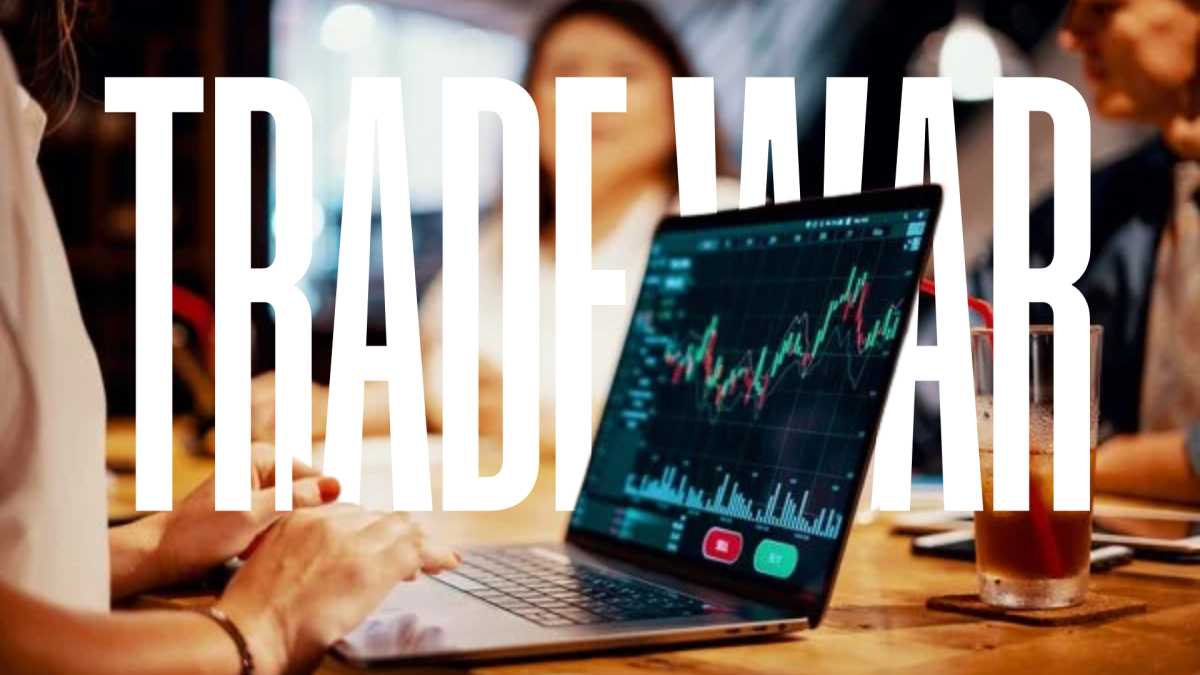The last presidential election has undoubtedly left Americans divided over President Donald Trump’s new policies as he assumed his position as president. Recently, one of his latest moves involved imposing sweeping tariffs on imports from Mexico, China and Canada to cease the flow of fentanyl and illegal immigrants. The recent policy has left a significant amount of people perplexed and skeptical about the consequences of this plan and the likelihood of a possible trade war among countries, most likely raising prices and affecting New York, the Bronx area and the Fordham community overall.
The United States’ reputation hangs on by a thread given the overall backlash that the country has received from other nations and its own people as a result of this policy. The U.S. has a lot at stake if these trade wars were to occur, as Mexico, China and Canada threatened to impose retaliatory measures, which would gravely damage the economy. The cost of everyday essentials could skyrocket including groceries and housing costs which would therefore increase poverty, specifically, affecting New York and Bronx residents. According to the Bronx Impact Alliance, the Bronx is divided into 12 community districts and is home to a 30% poverty rate. In six contiguous districts, which include an area generally referred to as the South Bronx, the overall poverty rate is even higher — twice that of New York overall.
While running for the election, Trump’s presidential campaign had a strong focus on alleviating the economic struggles of the working class, promising lower taxes, bigger paychecks and more jobs for American workers. He also vowed to lower interest rates and, according to News Nation, claimed to have achieved the lowest unemployment rate in 50 years — 3.5% with 6.4 million added jobs before the pandemic. However, it seems as if his promises were made in vain as he is actively contributing to the downfall of low-income individuals and the increase in wealth inequality among all boroughs of New York overall. In fact, the tariffs will inherently involve an increase in taxes that will hurt Fordham students, along with others who reside in the Bronx, and make their living conditions extremely hard. According to the Tax Foundation based on actual revenue collection data, trade war tariffs have on average directly increased tax collections by $200 to $300 annually per U.S. household. This means that these tariffs have the potential to further increase the unemployment rate of people in the Bronx, and greatly contribute to the reduction of disposable income for low-income residents, rendering them defenseless against rising living costs in New York, thus contributing to poverty.
The damage extends beyond this as China, Mexico and Canada are the United States’ top three suppliers of goods according to the United States Trade Representative. They collectively accounted for nearly $1.43 trillion in imports in 2022. Additionally, the U.S. depends on Mexico for fresh produce. As the primary supplier of U.S. vegetable imports (over 60%) and nearly half of all fruit and nut imports, Mexico plays a crucial role in maintaining affordable food prices. Tariffs on goods like these will lead to higher grocery prices, disproportionately affecting low-income families who already struggle with rising costs, especially in the Bronx, and Fordham students who commute and rely on affordable food options. Many Fordham students face financial struggles due to tuition, housing and other expenses. Higher grocery prices make it even more difficult for them to afford their meals.
For low-income families in the Bronx, where food insecurity is already a pressing issue, the impact could be even worse. Many residents rely on local food from delis and other stores with products that originate from Mexico, and the increase in inflation could make these products inaccessible to these individuals. This, in turn, exacerbates health disparities and increases financial hardships and reliance on food assistance programs.
In the long run, this policy harms local businesses, companies and the tight-knit relationships the U.S. has cultivated with Mexico, China and Canada when it comes to trading. Beyond the economic toll, these tariffs strain diplomatic ties with America’s closest allies and largest trade partners. Trump’s policy could potentially alter the livelihoods of many residents of the Bronx, including that of Fordham students who reside and who have grown up in this area, as it will inflate prices, weaken local businesses nearby, exacerbate food insecurity, deepen financial struggles and worsen living conditions. If history has shown anything, it is that protectionist trade policies often backfire, hitting American wallets while diminishing the competitive edge of the U.S. economy.
Eduardo Mateo, FCRH ’28, is a political science major from Santo Domingo, Dominican Republic.









































































































































































































